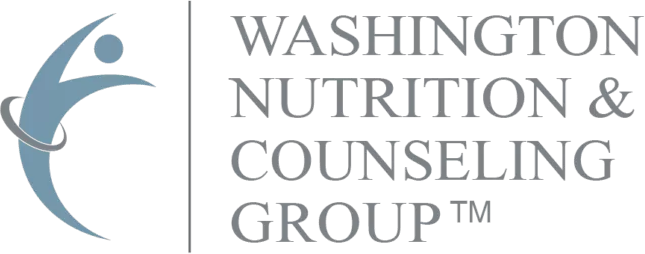We’ve all been warned about watching our cholesterol, and with good reason. High cholesterol can result in the buildup of plaque on the arterial walls. These deposits are always at risk of throwing off a chunk that results in a clot forming that can cause a stroke or heart attack. Most often, the result of unhealthy lifestyle choices, high cholesterol can also be inherited. In both cases, it is possible to treat this condition, and in the latter, it’s possible to eliminate it.
What Is Cholesterol?
Commonly found in many of our foods, cholesterol is a substance with a waxy texture that is also produced by our body. Used in the creation of vitamin D and hormones, and a key component in digestion, cholesterol is essential to our body’s natural function. Within the body can be found three different varieties of cholesterol, including:
- HDL – High-Density Lipoprotein, the form that is also referred to as “good cholesterol.” HDL aids in the removal of unwanted cholesterol from the body.
- LDL – Low-Density Lipoprotein. This form of cholesterol builds up on the walls of arteries and is the bad cholesterol.
- VLDL – This type of cholesterol, Very Low-Density Lipoprotein, is also known to promote the collection of cholesterol on the walls of the arteries.
Lipid profiles test for the presence of cholesterol, and can also reveal the presence of triglycerides. Patients with elevated levels of triglycerides are at enhanced risk for heart disease.
What Puts Me At Risk Of High Cholesterol?
During your visit to our clinics, one of our practitioners will go over the conditions that can lead to high cholesterol and discuss treatment options to lower them. Things that contribute to being at risk of high cholesterol include:
- Poor Diet – An unhealthy diet is one of the leading causes of high cholesterol and is also one of the most manageable as a result. Everything from microwave popcorn to cookies, crackers, and other processed foods are very high in trans fat, which contributes to your cholesterol level.
- Smoking – Research has shown that smoking can damage your arterial walls, which makes it easier for fatty deposits to accumulate on them. Research suggests that tobacco use also lowers HDL levels.
- Diabetes – Elevated blood sugar levels have been associated with rises in VLDL while reducing HDL. Excess sugar in the blood has also been shown to damage the arterial walls.
What to expect:
At your initial 55 minute nutrition counseling session visit your licensed dietitian nutritionist will evaluate your condition(s), develop an appropriate treatment plan and may recommend 25 – 55 minute follow – up nutrition counseling sessions. Your licensed dietitian nutritionist may also recommend nutrition testing or refer to other medical professionals for further evaluation. If you are interested in metabolism testing please let the receptionist know when you schedule your nutrition session, and your licensed dietitian nutritionist know at the start of your visit and your metabolism can be measured at your appointment. If weight loss is a goal your licensed dietitian nutritionist will also recommend the right amount of calories, carbohydrates, proteins, fat and other nutrients necessary for you to achieve your weight and health goals, show you how to use our preferred food tracking software, and may recommend one of our weight loss programs and/or weight loss coaching.
Insurance coverage and rates
Contact us and our receptionist will schedule you with one of our licensed dietitian nutritionists for an initial 50 minute appointment at one of our office locations or virtually through our HIPPA compliant telehealth system or over the telephone.
All of our licensed dietitian nutritionists are in-network with United, BCBS and Aetna. Most insurance companies now offer nutrition benefits. If you have insurance benefits for nutrition and you have met your deductible you only need to pay your co–pay at the time of session if you have one. For more information about your insurance benefits please visit our insurance and billing page.
Self-Pay Rates for Nutrition Counseling
55 minute initial nutrition counseling session ………………$200
25 minute follow-up nutrition counseling session…………………..$100
How do I get started?
Contact us and our receptionist will ask you to fill out our insurance verification form and schedule you with one of our licensed dietitian nutritionists for an initial 55 minute session at one of our office locations or virtually through our HIPPA compliant telehealth system or over the telephone.

